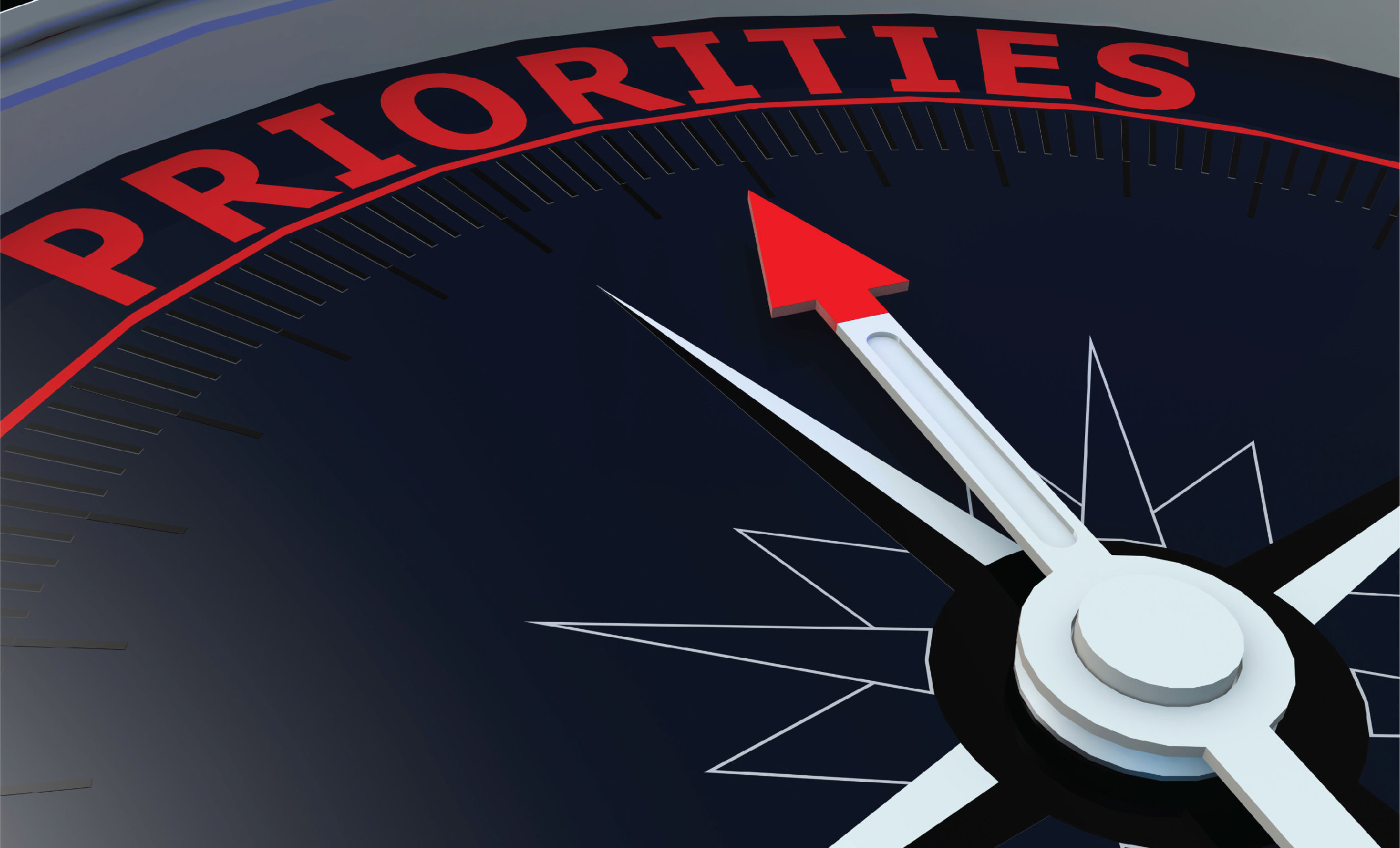September 11, 2018
When Should an Insurance Claims Professional Consider Conducting a Mock Trial?
Risk is inherent in all litigation. Each case is different and jurors often focus on issues and ultimately decide cases differently than anticipated.
Mock trials help claims professionals evaluate litigation risk by providing valuable information about potential liability and damages exposure. This information can then help inform whether to proceed to trial or settle.
We recommend conducting a mock trial in the following instances:
1) When you are in uncharted litigation territory
- You are handling litigation for an emerging tort (opioids, talc, CTE) or a familiar tort with a new category of plaintiff or defendant (asbestos “take home” cases).
- You are handling litigation for claims resulting from innovation (cybersecurity, drones, driverless vehicles) or a new medical device (morcellator).
- You are handling litigation related to the new economy (cryptocurrency, ride share applications).
- You are handling an unprecedented influx of litigation due to the cultural zeitgeist (sexual harassment claims, sexual abuse claims).
2) To help your trial team refine the themes of your case so they resonate with jurors
- Do jurors understand your theory of the case and your defenses? Do they need to be simplified? Which evidence is compelling to them?
Which evidence is less important or irrelevant? - What are jurors’ perceptions of your client? Do jurors have biases against them (e.g., truck drivers,chemical manufacturers, etc.)?
Does the case elicit safety concerns and increase jurors’ desire to punish the defendants? - What do jurors think of the plaintiff(s)? Are they sympathetic?

3) When damages are severe, but liability is questionable
- Catastrophic injuries and death elicit a great deal of sympathy and have high verdict potential regardless of whether jurors believe that the defendant is liable. In these cases, will your juries’ judgment be clouded with emotion or will they be able to separate the questionable liability from catastrophic damages? If not, are there certain themes, graphics or arguments which will help them attain a more rational rather than emotional response to the case?
4) To evaluate your experts
- Is your expert great on paper, but not with people? Is s/he likable? Understandable? Credible? Some cases hinge on the credibility of its experts.
5) To avoid your insured from becoming a target defendant in a mass litigation
- When multiple lawsuits involving the same risk are settled, to mitigate immediate risk in the present, the future consequence may be the insured will become a target defendant. Which are the right cases to take to trial? Which are the right ones to settle? Mock trials can help inform these strategic decisions.
6) To evaluate the strength of your case to prepare for meaningful settlement negotiations
- How strong is your case? Your experts? Your evidence? Let the mock jurors inform you, then you can negotiate from a position of knowledge and strength.
7) When you have a recalcitrant plaintiff, co-defendant or co-carrier and negotiations are impossible or at an impasse
- What if you have a plaintiff, co-defendant, or co-carrier that is impeding settlement due to its case evaluation? A mock trial and companion damages assessment will give clarity in the form of supporting data to bring the parties closer to a resolution.
If you would like to learn more about our mock trial and other jury research services, please contact me to discuss whether we can help facilitate a successful resolution to your case.



